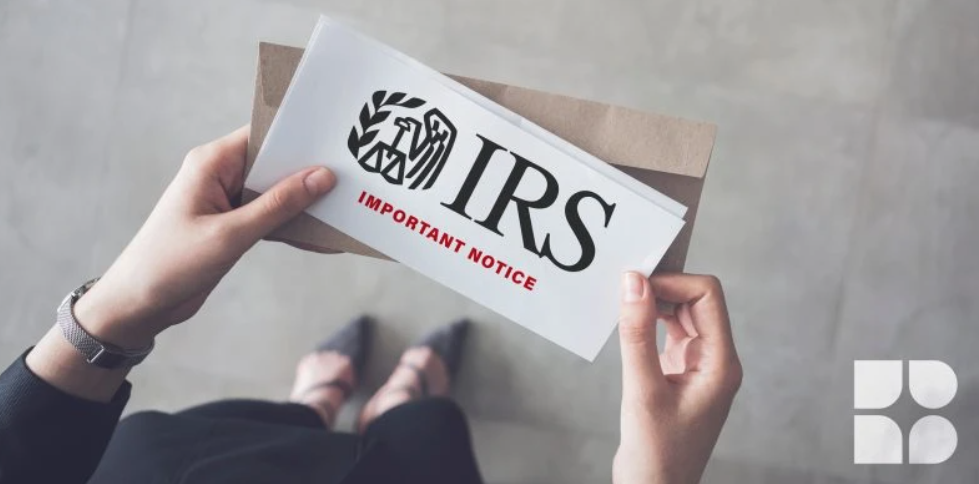HERE ARE FOUR TELLTALE SIGNS OF A FAKE IRS LETTER

Happy New Year!
There’s always a lot to look forward to in January. But there’s a lot to look out for, too, like new tax scams that appear annually. We discussed various text and email tax scams in a November blog post. In it, we said the IRS will never contact you via telephone, email, or text, but they will send letters. Scammers know this and have started sending snail mail to unsuspecting filers, hoping to bilk them out of their money. These thieves go to great lengths to make the letters look legitimate, but there are ways to determine if an IRS letter is fraudulent. Let’s look at how to spot a fake, and what to do if you think you received one.
How to determine IRS letter authenticity
First, the bad news. Scammers have become reasonably sophisticated in faking IRS letters. So, they are not always easy to recognize. Letters may even include information about real tax debts. Just remember, some debts are a matter of public record. Just because a letter contains a fact or two does not make it legitimate.
Now, the good news. Reading any supposed IRS letter calmly and thoroughly will reveal any red flags if you know what to look for. Here are some of the most common telltale signs an IRS letter is a fraud.
The letter does not arrive in an official government envelope
Scammers have gotten good at faking letters but aren’t as good at faking envelopes. If the envelope looks different than what you’ve seen in the past, that’s your first warning something is amiss.
The letter asks you to pay someone other than the U.S. Treasury
Some letters demand payment to non-existent entities such as the Bureau of Tax Enforcement. Others ask you to use bogus payment methods such as gift cards. If you see anything like this, it’s a fake.
Another dead giveaway is if the letter asks for personal financial information such as debit card or credit card numbers.
The letter contains threatening language
Several scams threaten recipients with jail time if they don’t pay immediately. The scammers hope that fear makes the intended victim give up personal information. The IRS does not use any such tactics in its correspondence.
Something in the letter is wrong
Examine the letter closely and compare it against legitimate IRS correspondence. Scammers often make a mistake on the IRS logo or leave it off altogether. You may also notice grammatical or typographical errors. For example, the letter might say I.R.S. instead of IRS.
What to do if you think the letter is fake
If you have easy access to a tax professional, such as a CPA, ask them for help; they see IRS correspondence regularly and can provide some insight. You can also use the Notices and Letter Search on the IRS website to help determine a letter’s validity. If the search does not return a result, call 800-829-1040 to speak to an IRS representative.
If the letter does turn out to be a fraud, it’s essential to report it. Doing so allows the IRS to work with law agencies to catch scammers and helps them make the public aware of new fraudulent tactics. Check out this link to find out how to report fraud.
Staying vigilant
Tax season can be challenging enough without criminals trying to hurt you. But by staying vigilant and following the tips here, you can get through tax season just fine and get your new year off to a great start!